
Well here it is then. We're all another year older, if not much wiser; and as 2023 draws to a close it's time to take stock. Over the last 12 months some notable things have happened in the outdoors. From a new bothy, and a welcome legal ruling supporting an ancient right of access, to some immense long distance records, these are the key news events of the year.
January - New Bothy for the Cairngorms
New bothies don't come along every day, so the completion of a restoration project in the Cairngorms is a bit of a milestone, giving walkers and bikers another option in an area popular for overnight trips.
The old shieling at Ruighe Ealasaid, otherwise known as the Red House, served as an informal bothy until the 1960s, but gradually become derelict. It got its English name from its corrugated iron roof - a distinctive feature that has now been re-instated.
Situated near White Bridge, west of the Linn of Dee, the Red House has a strategic location for hillwalkers heading for the two Munros at the head of the Tarf, Carn an Fhidhleir and An Sgarsoch, and for several long distance routes through the area.
February - We Become an Employee Ownership Trust
Exciting news at UKH Towers, when the company behind UKClimbing, UKHillwalking, Rockfax print and Rockfax Digital, becomes an Employee Ownership Trust.
Long term ownership and management of the company has been placed in the hands of its employees under the governorship of a Board of Trustees. We gain stability, and a much more certain independent future based on a highly motivated staff who have all contributed to the growth and development of the company, and who all share its ethos, and a passion for what we do. No big media sell-outs or dumbing down, we promise...
March - Zahrah for President
Zahrah Mahmood becomes the new president of walking charity Ramblers Scotland. A Muslim woman of South Asian heritage, and also known on social media as the Hillwalking Hijabi, Zahrah hopes to use the high-profile honorary role to help encourage wider representation in the walking community.
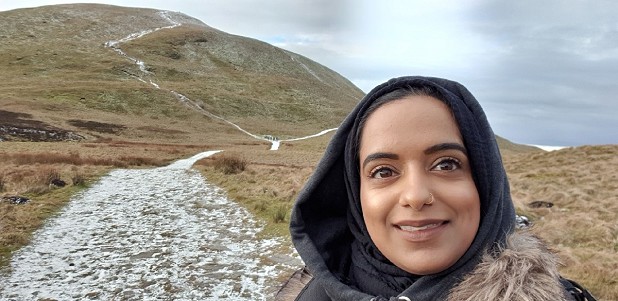
If you're not seeing people like yourself being represented in the outdoors, outdoor media and brands, then you're going to feel it's not for you
April - New (Old) Welsh Name Adopted
Brecon Beacons National Park Authority announces that the Park will now be known officially by the historic Welsh name Bannau Brycheiniog. Marking the 66th anniversary of the national park, the name change follows similar moves last year in Eryri/Snowdonia.
Given the fact that the central Beacons range covers only a small part of the National Park, and with no historical evidence that beacons were ever lit on the area's summits, it was felt, say the Park Authority, that a name more in keeping with Welsh heritage was required.
"Reclaiming our old name reflects our commitment to the Welsh language, but we understand people are used to calling the Park by the name everyone's used for 66 years so we don't expect everyone to use Bannau Brycheiniog, at least straight away" said Bannau Brycheiniog National Park Chief Executive, Catherine Mealing-Jones.
Pronounced Ban-eye Bruck-ein-iog, the new (old) name translates as The Peaks of Brychan's Kingdom.
April - Pylon Pressure Building in the Highlands
The highland environment, tourism economy, and principles of local democracy are all claimed by campaigners to be in jeopardy when it is announced that energy giant SSEN intend to build a series of huge pylon lines through Caithness, Easter Ross, Moray and Aberdeenshire, intended to carry power to distant consumers in parts of the country where wind farms are not so readily consented.

Including pylons 50-60m high, extensive ground works, many miles of access roads, and cutting a permanent swath through woodland on the route, the Spittal-Beauly line - just one of several proposed in the biggest grid upgrade in decades - will have a significant impact on the landscape and ecology of the areas through which it passes.
It may also affect climbers and hillwalkers. Running across the southern foothills of Ben Wyvis, the 'preferred route' for the overhead line would feature in views both to and from the mountain, becoming part of the classic view of the massif from as far as Inverness. The company's current preference also bisects the wildlife-rich woods at Contin, valued by walkers, runners and cyclists, and host to the annual internationally famous Strathpuffer mountain bike race, an event that may now face an uncertain future. However, the worst impacts of new pylons in some areas could be avoided via alternative routing, it has been claimed. Progress will require a more collaborative approach between policymakers, industry, and communities hosting new infrastructure.
May - Andy Berry Sets New Lakeland 24-Hour Record
A major achievement for runner Andy Berry, when he breaks the speed record on the Lake District 24-Hour Fell challenge, beating Kim Collison's 2020 time of 23 hours 45 minutes by over 20 minutes, to record a new time of 23:23.
The name of the game is to climb as many Lake District fells over 2000ft as possible within a 24-hour period. To set a new record a runner either has to add more peaks than the previous record holder, or match their tally in a faster time. Andy had been aiming to do 79 fells, but in the event has to 'settle' for 78, the same number as Kim.
Starting from Newlands Hause at midnight on Saturday, Andy headed first to the northwest fells, before ticking off a fairly comprehensive clockwise round of the major high ground in the Lakes. Covering around 151km, and with over 12,200m of ascent, in essence his route bears some resemblance to an extended Bob Graham Round, though with a great many add-ons.
Interestingly, Kim Collison is not just the previous record holder, but also Andy's running coach, a coalition that Andy has clearly found invaluable in progressing towards the Lakes 24hr goal.
"He was open and honest about places he could have had slightly better lines" says Andy "and where he felt better or worse. This allowed us, even on the day, to make decisions that bettered my chance of success."
June - Jamie Aarons Becomes Speed Queen of the Munros
Another mega record falls in June to the ultra-distance phenomenon Jamie Aarons, when she completes a continuous self-propelled round of all 282 Munros in a time of just 31 days, 10 hours and 27 minutes. It's not just a female record (which she smashed, incidentally), but shaves more than 12 hours from the previous overall record set by Donnie Campbell in 2020.
Jamie's spaghetti-like route around all the Scottish 3000-footers covered a massive 2576km and 135,366m of ascent - with 1315km of that distance on foot, 830km by road bike, 370km by mountain bike, 49km on her gravel bike, plus 11km in a kayak including the obligatory sea leg to and from Mull just in case logistics were getting too straightforward. And she did it all on an average of just four hours sleep per night, a regime that allowed for long days back to back - the daily average of summits being a staggering 9 Munros!
A fast round of this nature is not a solo effort, but requires a large and dedicated team of supporters both on and off the hill. The culmination of two years planning, logistics for Jamie's Munro challenge were organised with an almost military precision, involving a team of 117 in total, managed via spreadsheets and WhatsApp groups.
It may prove a tough time to improve on. Any takers for 2024...?
July - New Long Distance Trail for Cornwall
A complete circuit of Cornwall on foot is now possible, thanks to the opening of the Tamara Coast to Coast Way. The 140km route roughly follows the course of the River Tamar from the south coast to its source in the countryside behind Bude, before taking the wooded Marsland Valley on the Devon border to the wild north coast.
Though the West Country's coastline and National Parks are already popular with walkers, other scenic areas away from the coast are comparatively little known. One aim of the new path is to open these up to visitors.
Will Darwall, Manager of the Tamara Landscape Partnership Scheme says:
"The creation of this stunningly beautiful new long-distance walking route will inspire people to get out there and experience this wonderful part of the country."
July - Dartmoor Camping Ban Overturned
Another West Country good news story has wild campers and access campaigners celebrating, when Dartmoor National Park Authority is successful in a legal appeal against a court ruling that had effectively outlawed the ancient tradition of unrestricted wild camping on large parts of the moor.
In a convoluted legal wrangle, lawyers acting on behalf of landowner Alexander Darwall had argued that camping does not constitute outdoor recreation, since people are asleep when doing it, and that it therefore had never been included within legislation permitting access on the moor for recreation. A court ruling earlier in the year supported this position, effectively pulling the rug from beneath anyone who had previously assumed the decades-long tradition of free wild camping had a legal basis. Pending further lawyerly machinations, the success of the Park's appeal should ensure the future of wild camping on Dartmoor - the only place in England where such a right exists.
A spokesperson for the Darwall family says: 'We are disappointed by this judgment. This case highlights the many and increasing challenges we face in trying to protect the fragile environment on Dartmoor. Our mission was to conserve this special place. It is regrettable that our role as custodians is greatly diminished.'
Kevin Bishop, the Dartmoor National Park Authority chief executive, said: 'Today's judgment is a reaffirmation of the right to backpack camp on Dartmoor and secures that right for today and future generations. Our sincere hope is that this judgment means we can now move forward, in partnership, with a focus on making sure Dartmoor remains a special place for all to enjoy.'
September - Outdoor Inequality Laid Bare
Reminding us that it's not all fanfares for the common (wo)man, the stark divide between outdoor haves and have-nots is laid bare in a report for the Ramblers. According to the report, which probably does not come as news to many folk, residents of the most prosperous parts of England and Wales have 80% more public footpaths in their local area than people in the most deprived places.
Paths provide huge health and wellbeing benefits, say the report's authors, but it's the "old, the wealthy, the healthy and the white" who have the best access to them.
Solutions that might help redress the imbalance include connecting existing routes, creating green urban corridors, and restoring lost rights of way - something the charity has been campaigning for in recent years. Investing a few hundred million extra pounds would yeild benefits worth billions, they say.
North of the border, similar analysis by Ramblers Scotland has found "shocking" inequality in the number of routes that communities in different wealth brackets have at their disposal.
November - Another Presidential Milestone
Another small but significant victory for wider representation in the outdoors, when Anne Butler is elected to serve as President of Mountaineering Scotland.
The first woman to hold the post, Anne is well known as one of Scotland's most prolific hill baggers, and has served in past years as President of the Munro Society.
"I am extremely proud to be elected as President of Mountaineering Scotland and honoured to be the first woman to hold the position" she told us.
"I fell in love with the mountains during a trip to Scotland in 1998, and I had no idea then how hillwalking would shape my life over the next 25 years. Hillwalking has kept me physically and mentally strong and I have developed a deep connection with the landscape and the natural environment. I now feel it is time to give something back."
December - Llanberis MRT Record a Jaw-dropping Stat
Mountain rescue volunteers give their time freely to help fellow walkers and climbers in need. But the toll on individuals can be heavy, and perhaps in few places more than Llanberis.
With Yr Wyddfa (Snowdon) on their patch, a mountain ascended by over half a million people annually, it's no surprise that the Llanberis Mountain Rescue Team are the most active in the UK. The team recently announced an eye-opening benchmark, recording their 300th rescue of the year.
Over the last 15 years the annual number of callouts here has increased 300% - an unsustainable growth rate for a small charity run entirely by volunteers.
"As a group of volunteers we are nearing the limit of what we can do to support those in need in the mountains" said Team Chair, Dr Richard Griffiths.
"In the coming years we will be looking to continue our work with other stakeholders to reduce the number of mountain incidents on Yr Wyddfa and to build our capacity to respond to this increasing demand. In the meantime, we continue to encourage walkers and climbers to prepare adequately so that they enjoy their time in the mountains by following the key messages from Adventure Smart UK."

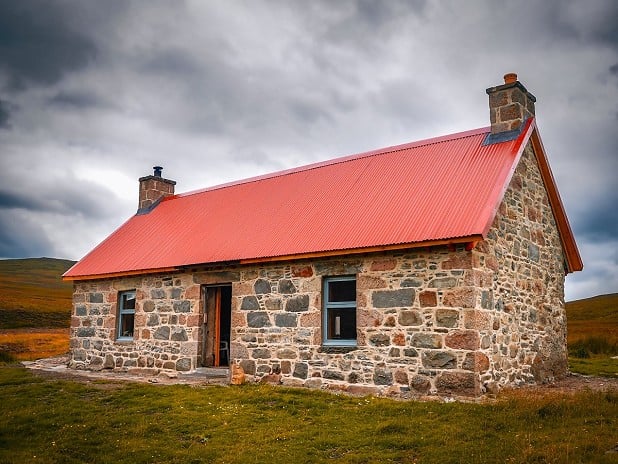
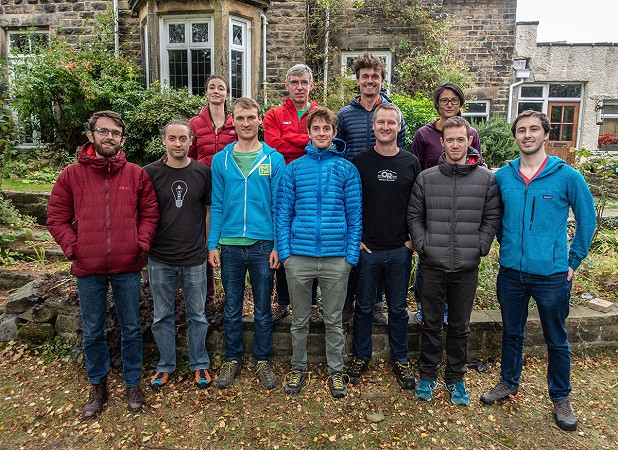
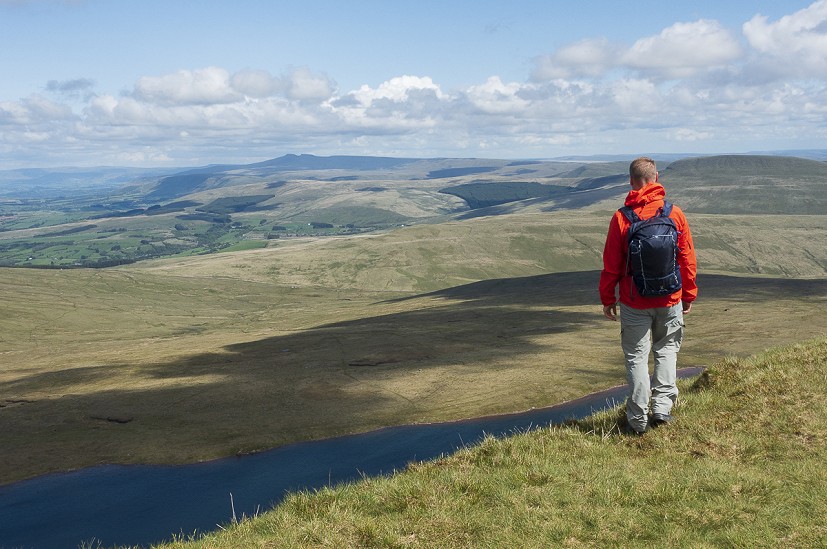
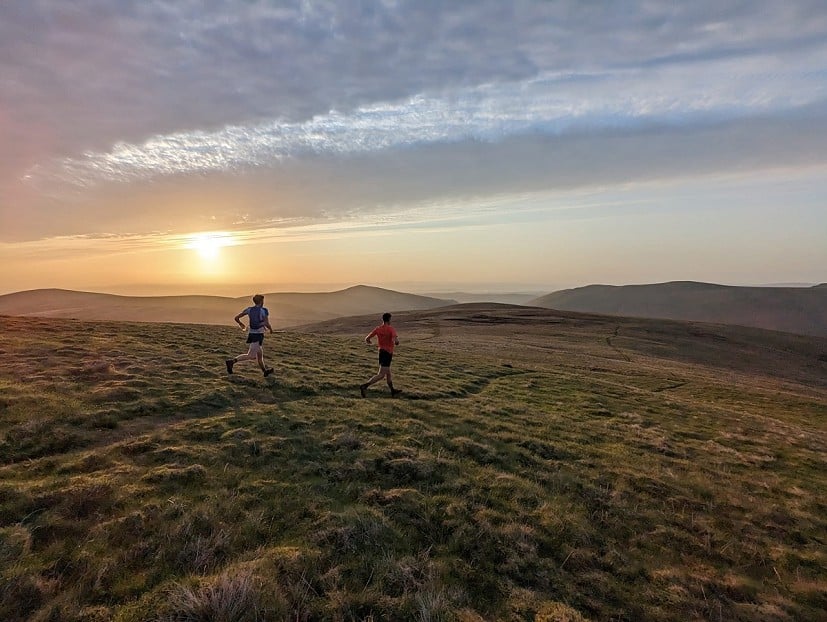
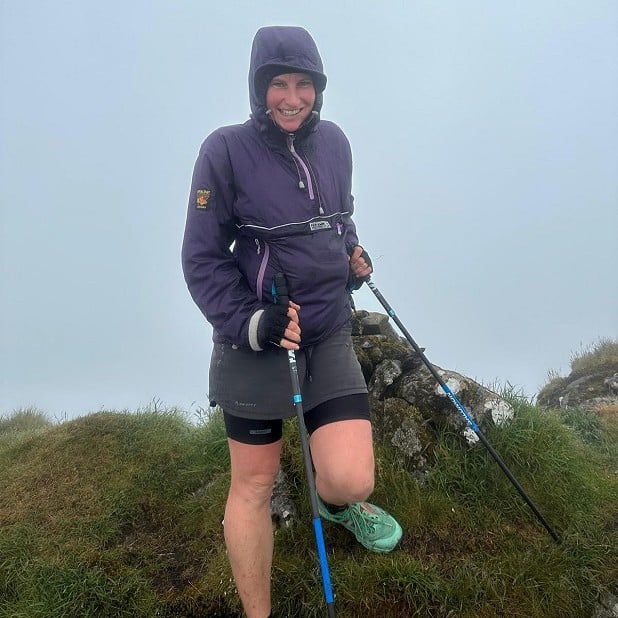
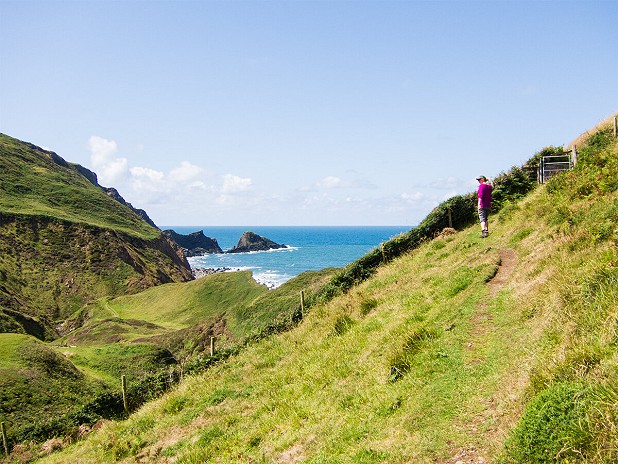
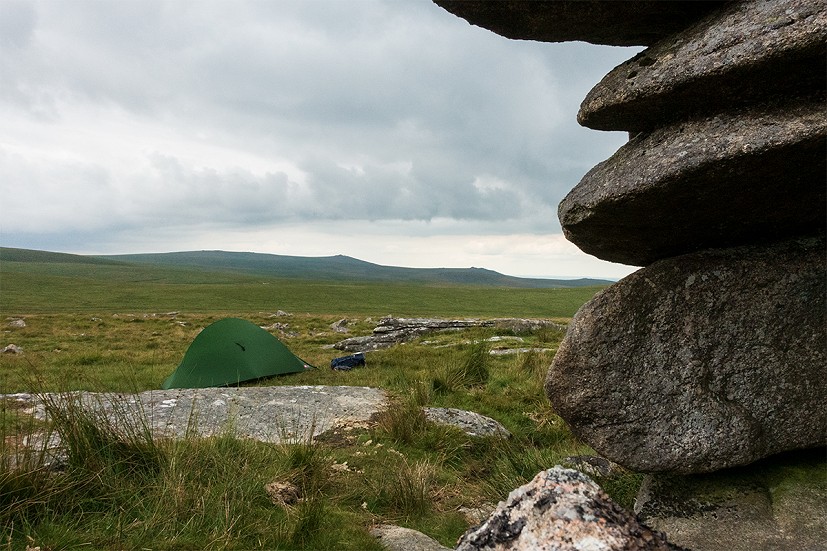
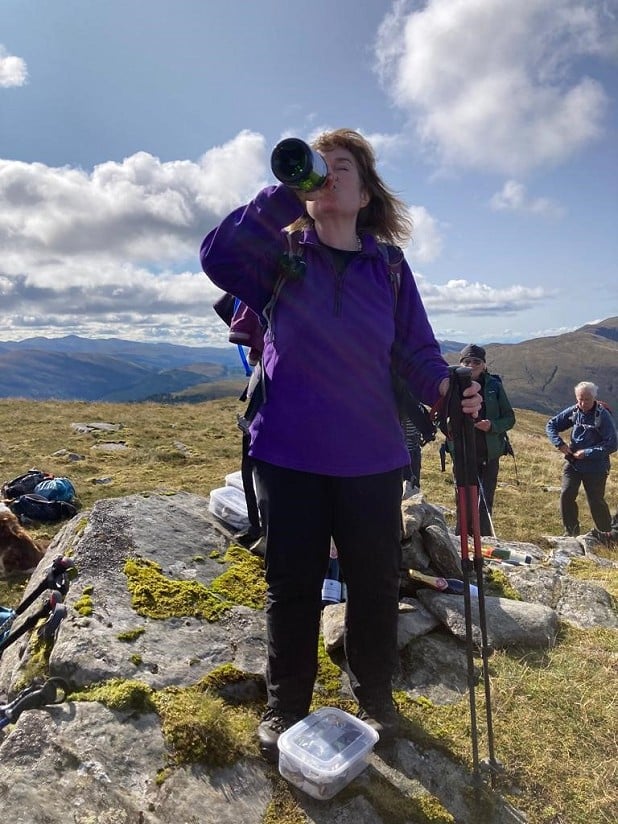
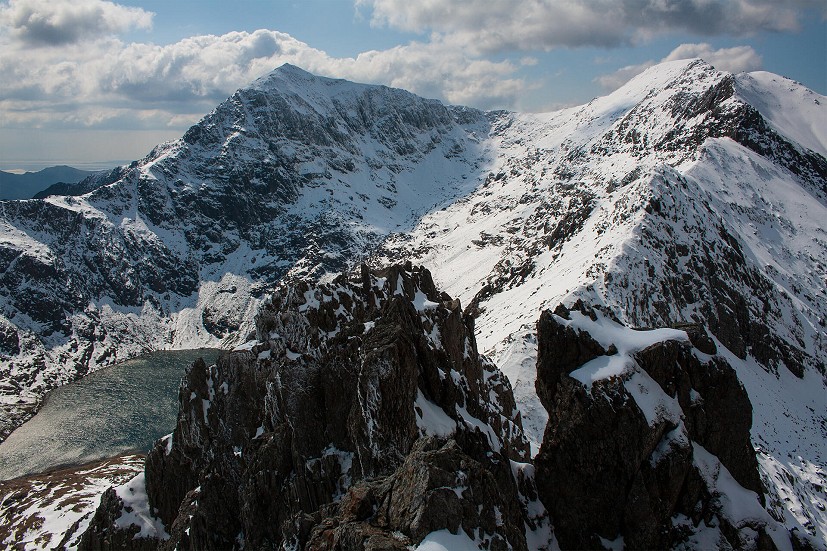



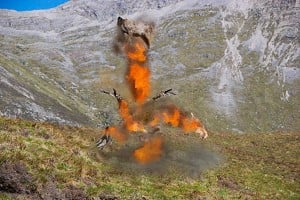
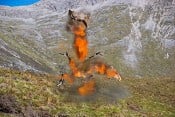
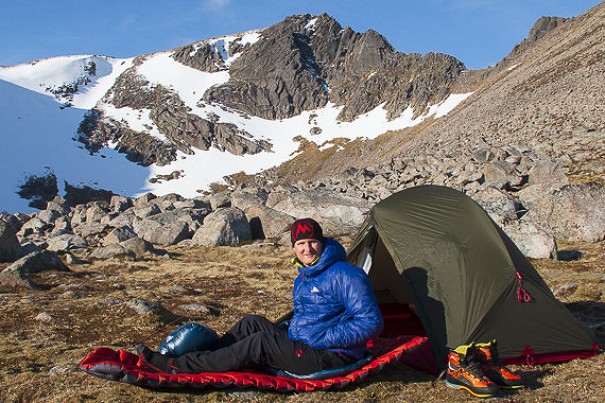


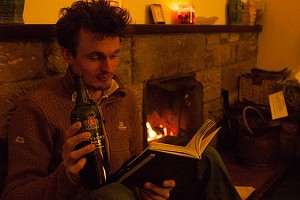
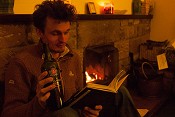
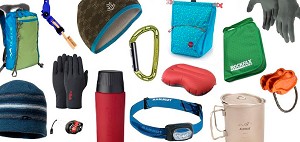

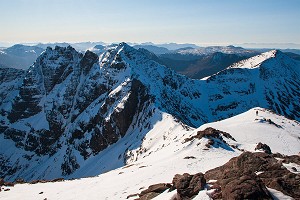

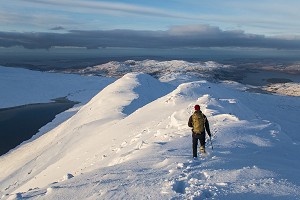

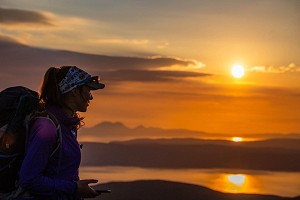
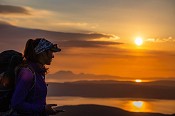
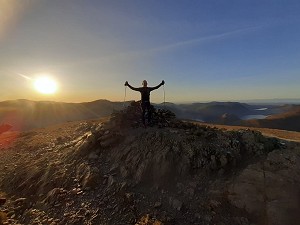

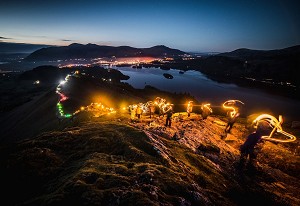
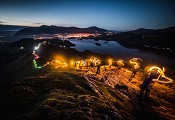
Comments